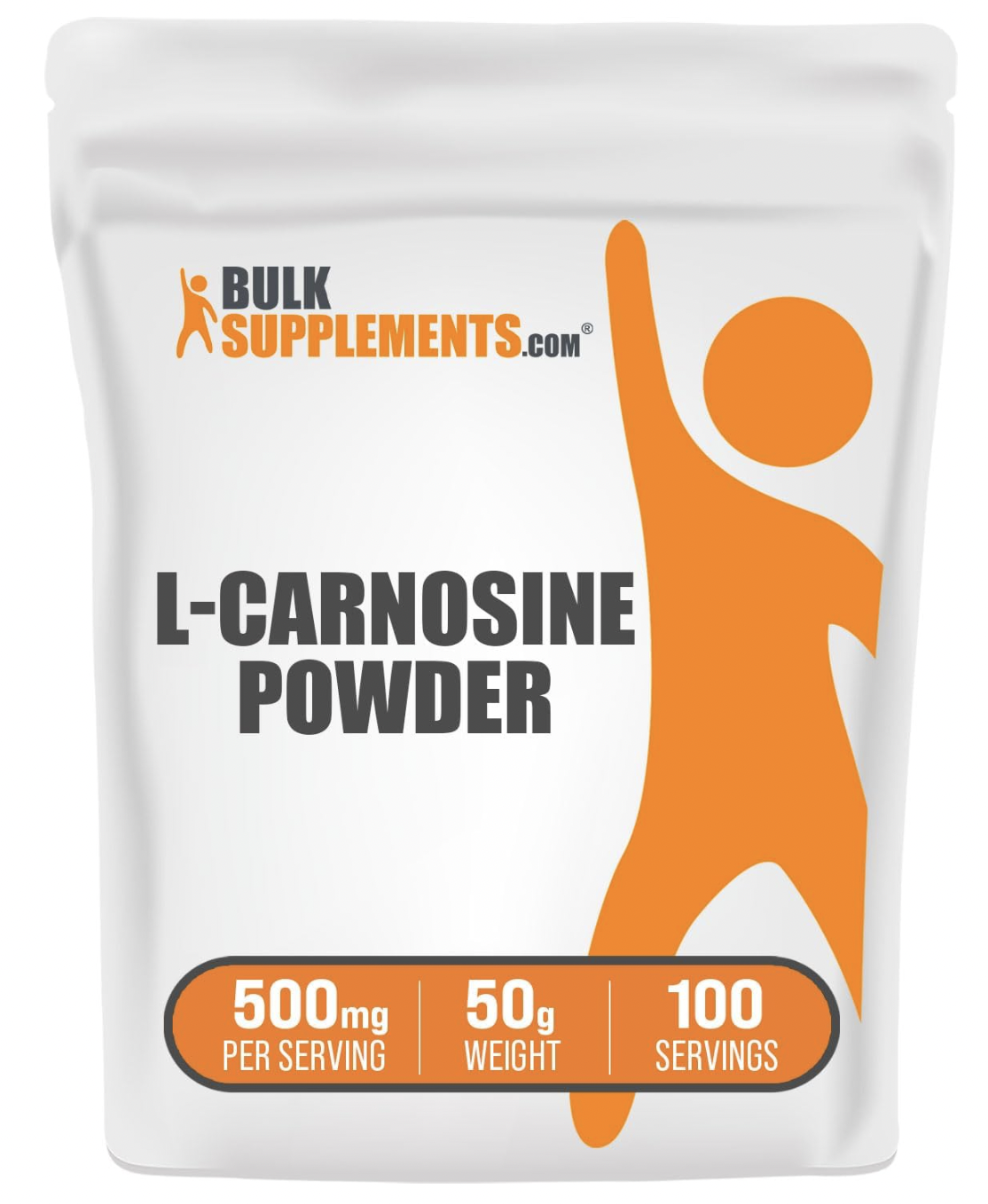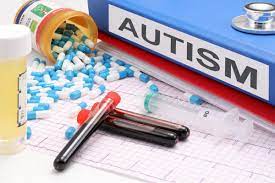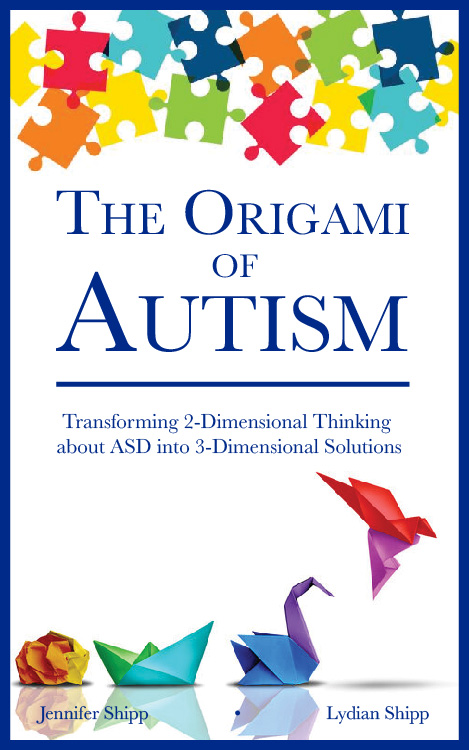Agmatine for Autism
Agmatine is a neuromodulating agent that exists naturally in the body. It is derived from the conditionally essential amino acid L-arginine. Recently, scientists have started referring to agmatine as a neurotransmitter because of its powerful effects on the physiology of the brain and nervous system.Agmatine sulfate is available as a supplement that is easily absorbed by the gastrointestinal system. It is then rapidly distributed throughout the body. Agmatine can cross the blood-brain barrier to promote better cognitive function. This supplement has been compared to psilocybin in terms of its effects on building new synaptic connections in the brain. It is used as a nutritional alternative to psilocybin by parents who either don’t want to give their psilocybin for ASD or who can’t gain access to psilocybin for some reason.
Agmatine can be administered with psilocybin. Agmatine deficiencies have been implicated as a causal agent in a number of different diseases including:
- Autism
- Anxiety
- Depression
- Dementia
- Learning and Memory
- Schizophrenia
- Posttraumatic Stress Disorder / PTSD
- Epilepsy
- Sexual Dysfunction
- More…
Click here to read more about what agmatine is and how to dose agmatine properly.

Click here to buy psilocybin for microdosing.
Agmatine for Autism
Studies have shown that patients with autism have remarkably lower agmatine levels than people without autism. These findings indicate that agmatine deficiency may play a role in the development and maintenance of autism. Indeed, recent studies have found that agmatine can help patients with autism and Autism Spectrum Disorders (ASD) to better regulate the excitation and inhibition of neurons.Animal studies of autism have shown that autistic behaviors are associated with excitatory-inhibitory imbalance in the glutamate neurons due to enhanced differentiation of glutamatergic neurons and fewer GABAergic neurons. In one study, a single treatment with agmatine supplement was able to get rid of social behavior issues as well as hyperactivity and repetitive behaviors in animal models of ASD.
 Nutricost Agmatine 100 Grams - Pure Agmatine Powder 100 Servings (Agmatine Sulfate)
Nutricost Agmatine 100 Grams - Pure Agmatine Powder 100 Servings (Agmatine Sulfate)
Agmatine and Carnosine: Autism Supplements
Recent studies have shown that autism and ASD are associated with an enhancement of glycolysis with an increase in the formation of glycated proteins in the blood and urine. Both agmatine and carnosine levels are low in those with autism and ASD. Both carnosine and agmatine influence cellular energy metabolism. Both can decrease glycolysis and improve mitochondrial activity in cells to restore the body to more normal metabolic activity. Both can also suppress methylglycoxal toxicity. We’ve already talked about Dr. Robert Naviaux’s studies into models of autism that involve The Cell Danger Response wherein human cells actually go into a state of dormancy when a person is exposed to an emotional trauma or a physical / biological trauma. Dr. Naviaux uses the drug suramin for autism to change his cellular state of dormancy, but suramin is a drug that is currently tightly locked down by Big Pharma so it’s hard for parents to get it for their children and it’s unlikely that suramin will be FDA approved for autism anytime soon. Nonetheless, parents can look at what suramin is doing in the body to find alternative ways to treat autism. Agmatine is a nutritional supplement that is used to treat trauma in patients with Post Traumatic Stress Disorder / PTSD, but studies have shown that there is link between trauma and autism as well. Exposure to trauma without therapy to release the trauma leads to a reduction in mitochondrial activity in cells where they change from a state of aliveness into a state of dormancy. Studies have shown that supplementation with carnosine and L-arginine (an agmatine precursor) can naturally reduce ASD behaviors. Co-administration of carnosine and either L-arginine or agmatine has been suggested as a non-toxic, natural treatment for autism and ASD that can help to bring cells out of this state of dormancy.Autism and Changes in Energy Metabolism
Autism and ASD involve changes in energy metabolism. In those with autism and ASD, individuals go through enhanced aerobic glycolysis while the mitochondria in cells no longer produce ATP (this is known as the Warburg Effect). Meanwhile, other studies have shown that many patients with ASD and autism have elevated levels of oxidized proteins, nitrated proteins, and glycated proteins in blood plasma. ASD and autism patients also tend to have problems with arginine metabolism or proper arginine removal from the body.The Vallée and Vallée Hypothesis
The Vallée and Vallée hypothesis states that autism and ASD are strongly associated with a modification of energy production from mitochondrial oxidative phosphorylation to aerobic glycosis even in the presence of oxygen. These modified states of energy production might be conceptualized according to the model that we present here as an inability to maintain a stance in the present-tense due to simultaneouspineal gland dysfunction. The pineal gland dysfunction, in turn, leads to a lack of synchrony in the endocrine system. Melatonin is often given to help children overcome the circadian rhythm problems due to autism, but doing therapy to release trauma from the autonomic nervous system using agmatine and other natural treatments for PTSD (even if the ASD patient has not been diagnosed with PTSD and even if the source of the trauma is not known) will do no harm, but potentially lead to ASD symptom reduction.L-Carnosine: Supplement for ASD
Carnosine is a dipeptide made up of beta-alanine and L-histidine. As a supplement, carnosine has been given to autistic children with good results. By itself, it appears to reduce autism behaviors. This effect was consistent with other studies showing that carnosine is lower than normal in patients with autism.L-Carnosine as a nutritional supplement for autism has the ability to prevent brain damage due to oxidative stress, improve neurobehavioral deficits and reduce brain inflammation while increasing the blood-brain barrier permeability which is important in terms of other ASD treatment that must be able to reach the brain in order to reduce autism symptoms.

Click here to buy L-Carosine for autism and ASD.
Agmatine: Supplement for ASD
Agmatine has been compared to the drug rapamycin which has been used to relieve behavioral symptoms of children with autism. Like rapamycin, agmatine inhibits mTOR and suppresses glycolysis while activating mitochondrial activity. UNLIKE rapamycin, though, agmatine does NOT cause children to develop insulin sensitivity or diabetes. Furthermore, in patients with ASD and autism, there are often changes in arginine metabolism and how it is distributed among cells. This supports the idea that agmatine, a derivative of arginine, might help alleviate symptoms of autism. If arginine metabolism is deranged, its derivative, agmatine would be significantly lacking. Agmatine has been implicated as an essential neuromodulator that ensures that the nervous system is neither overly inhibited or overly excited. Agmatine is a much safer alternative to rapamycin for ASD.Carnosine and Agmatine: Combination Supplements for Autism and ASD
Carnosine and agmatine have not been combined together as a natural therapy for autism and ASD in scientific studies, but co-administration of carnosine and arginine (agmatine’s precursor) has been shown to be more effective at combating hypoxic stress in animal models than when either of these supplements were applied by themselves. Also, carnosine and agmatine have been administered separately with beneficial effects in treating Parkinson’s disease, Alzheimer’s disease, and other neurodegenerative conditions in humans. Click here to read more about agmatine and agmatine dosing for children and adults. Click here to subscribe to the Living Database!
Click here to subscribe to the Living Database!
Resources:

 Some scientists believe that carnosine and agmatine would work well together to treat ASD symptoms naturally.
Some scientists believe that carnosine and agmatine would work well together to treat ASD symptoms naturally. The Origami of Autism: Transforming 2-Dimensional Thinking about ASD into 3-Dimensional Solutions - BUY HERE!
The Origami of Autism: Transforming 2-Dimensional Thinking about ASD into 3-Dimensional Solutions - BUY HERE!






